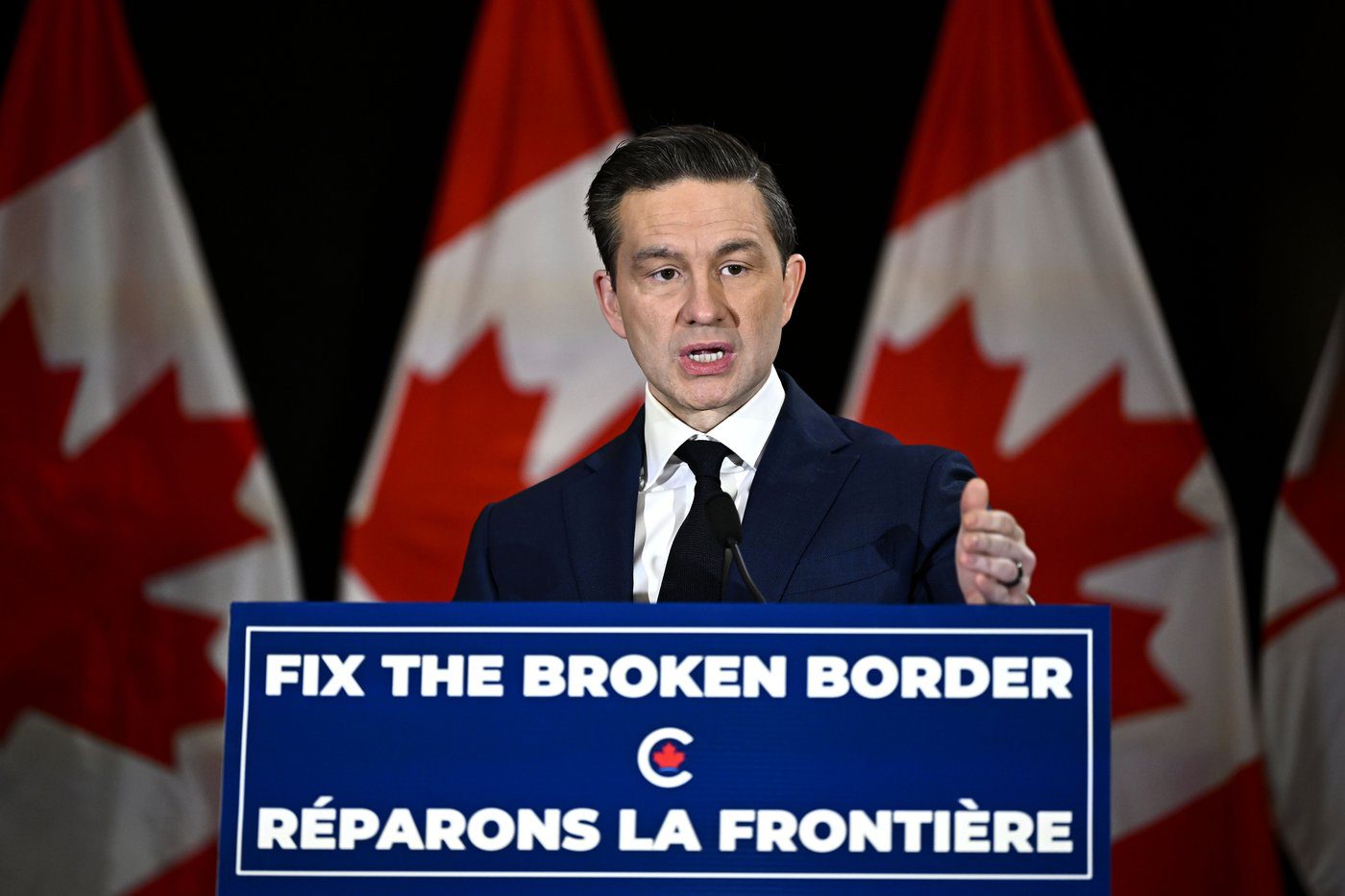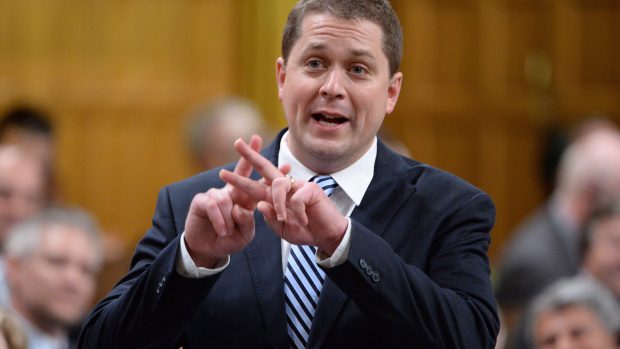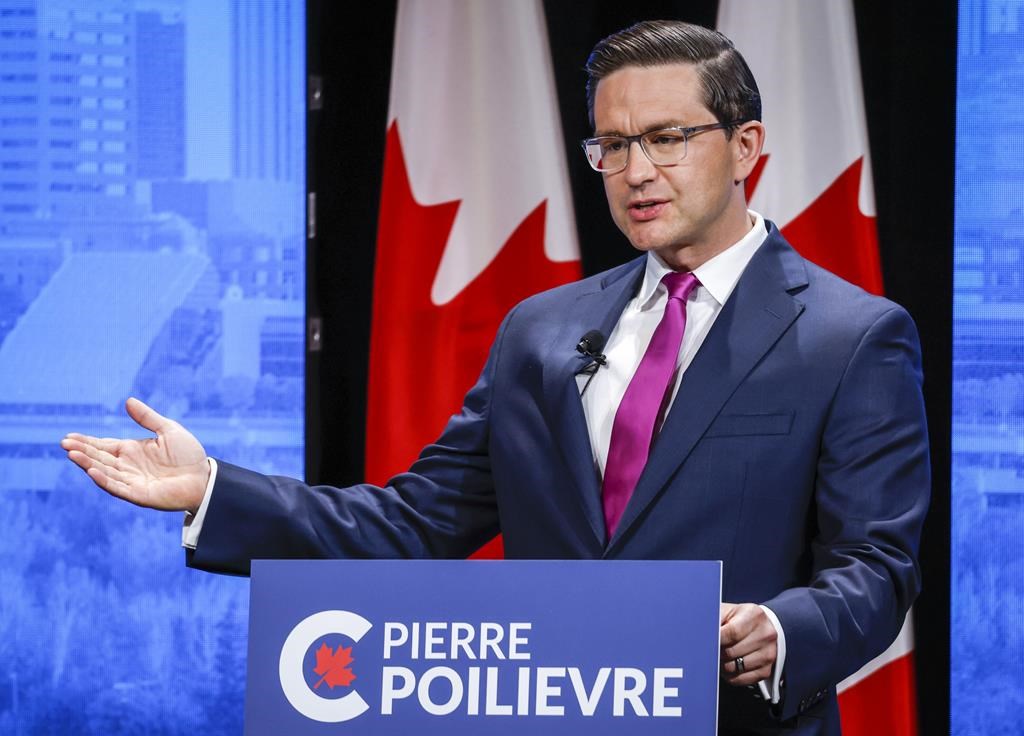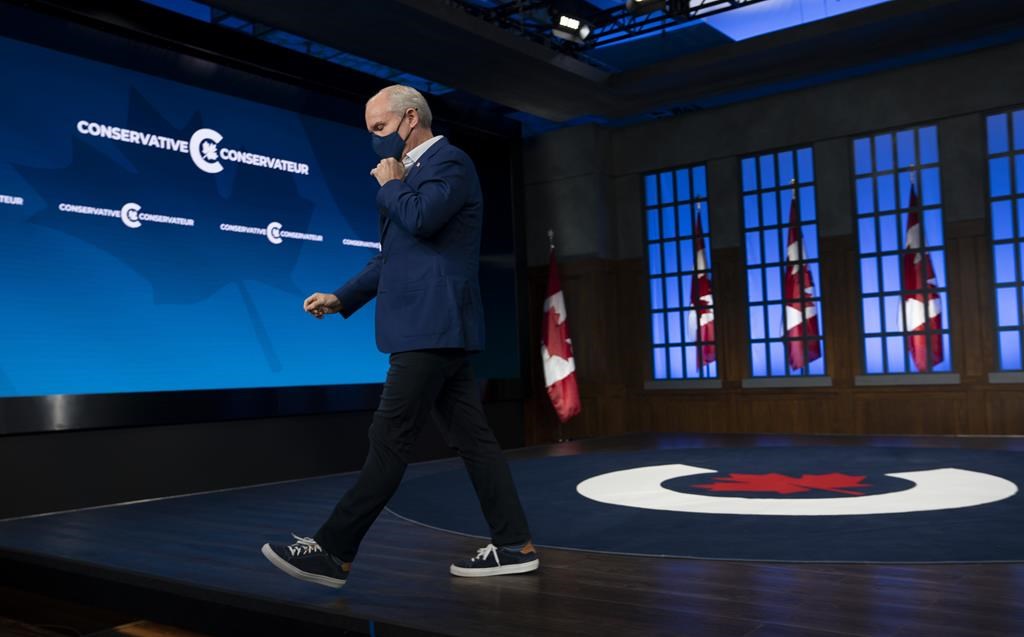This content is restricted to subscribers

The views, opinions and positions expressed by columnists and contributors are the author’s alone. They do not inherently or expressly reflect the views, opinions and/or positions of our publication.

This content is restricted to subscribers
The views, opinions and positions expressed by columnists and contributors are the author’s alone. They do not inherently or expressly reflect the views, opinions and/or positions of our publication.

This content is restricted to subscribers
The views, opinions and positions expressed by columnists and contributors are the author’s alone. They do not inherently or expressly reflect the views, opinions and/or positions of our publication.

Become a subscriber today!
Register
This content is restricted to subscribers
The views, opinions and positions expressed by columnists and contributors are the author’s alone. They do not inherently or expressly reflect the views, opinions and/or positions of our publication.

This content is restricted to subscribers
The views, opinions and positions expressed by columnists and contributors are the author’s alone. They do not inherently or expressly reflect the views, opinions and/or positions of our publication.

This content is restricted to subscribers
The views, opinions and positions expressed by columnists and contributors are the author’s alone. They do not inherently or expressly reflect the views, opinions and/or positions of our publication.

This content is restricted to subscribers
The views, opinions and positions expressed by columnists and contributors are the author’s alone. They do not inherently or expressly reflect the views, opinions and/or positions of our publication.

Become a subscriber today!
Register
In the wake of his party’s election defeat, a number of Conservatives and more than a few columnists and talking heads are making the case for Erin O’Toole to stay on as Conservative leader and to give it another election cycle. It’s true that the propensity to throw a leader overboard after a single election loss is wasteful and not really in keeping with how our system should operate, but sometimes dumping a leader is warranted – particularly if they could not connect to voters, or they have proven to have spectacularly poor political judgment. I’m not entirely certain that O’Toole has particularly met the test for being allowed to stay on.
For the past week, we’ve had commentators all over the place recalling that Andrew Scheer was dumped after his election loss, which wasn’t how history played out. Scheer had initially declared that he was going to stay on and fight the next election because he had increased their seat count and they “won” the popular vote (never mind that such a concept is a logical fallacy in a system such as ours), but within weeks, it started to leak out that Scheer had been using party funds to pay for personal expenses such as his children’s private school tuition, and there were a number of prominent Conservatives who were livid over it. Scheer promptly offered his resignation, citing a need to spend more time with his children. Did his loss factor into those leaks? Probably – Scheer proved to be somewhat cringe-worthy when confronted with things like his socially conservative views as they pertained to keeping a lid on that faction of the caucus, but also his embellishments regarding his own CV and the heretofore-unknown American citizenship – when he had made a big deal out of other public figures’ dual-citizenship. But it wasn’t a full-court press to have him removed for the loss.
In O’Toole’s case, he largely performed better than Scheer on the campaign trail, and the general consensus is that he generally was able to do most things better than Scheer was, whether it was deal with the social conservative issues (though his declaration around being pro-choice and pro-LGBTQ2+ has not meant he has stepped on his caucus bringing up anti-abortion legislation for debate, or the way they slow-walked and concern-trolled the debate on the conversion therapy ban bill), and he didn’t have any surprise dual citizenships come up during the campaign either, so that was something. But I wonder if this should be enough – if the bar is really that low.
While watching the weekly video discussion put out by The Line, I was struck when Jen Gerson cited that O’Toole didn’t have any “fatal problems,” and that what problems he did have were generally fixable. It would seem to me that our definition of what should be a fatal problem is different, because the way I see it, having a leader who says different things depending on who is in the room and what he thinks he can get away with could be a problem of being fatally untrustworthy. There is already a petition being circulated by a member of the party’s national council to call for a leadership review ahead of schedule because in the sponsor’s eyes, O’Toole presented a version of himself as being “true blue” during the leadership contest, and once he won that, was immediately presenting himself as someone else, who was more progressive and comfortable to urban and centrist voters, insisting that he was going to be the one who would crack the Liberal “fortress” that was the Greater Toronto Area. O’Toole didn’t – and he had losses in other urban areas including in Edmonton and Calgary – and it’s little wonder that there are Conservatives who believe he’s sold them a bill of goods.
And there were so many reversals in position that were happening in real-time on the campaign, most especially around the gun control issue, while at the same time his allies in the gun lobby were assuring people that O’Toole planned to keep his original promise to scrap these gun laws made it really difficult to believe what he had to say. There was fact that he made the decision to keep pushing the complete falsehood that the Liberals were planning to tax home sales, citing the house-flipping tax as “proof,” when it was a completely separate argument. He campaigned on combatting inflation while offering policies that would actually accelerate it, and offered examples that his GST holiday were exempt from, or which were already supply-managed, so his promised competition changes wouldn’t affect – not to mention that when pressed, he said he would keep the Bank of Canada’s two percent inflation target intact, meaning his whole schtick was a complete lie to begin with. He also was starting to change his position on the $6 billion over five years that had been promised to Quebec to improve their child care system, saying one day that it would be cancelled, and later saying that they would negotiate about it.
While I can appreciate that O’Toole was catering to a certain imported American impulse of catering to the hard-liners to win the leadership (because we love to LARP American primaries in this country), and then trying to win voters closer to the centre in the election, it’s just not a strategy that is at all sustainable, especially when it involves swallowing yourself whole on a constant basis to prove that you’re not either too centrist or too hard-line, and then reversing yourself to please your audience at that moment. We can all see what he’s doing, and it doesn’t make him look like a savvy campaigner – rather, it makes him look like an opportunist and a serial liar. And with that in mind, is this a leadership problem that is inherently fixable, or has he tainted himself in the eyes of both his party membership and the voting public in such a way that nobody could trust anything he says, ever again? That will be up for Conservatives to decide in the coming weeks, but it would seem to me that problem might indeed be a fatal one.
The views, opinions and positions expressed by columnists and contributors are the author’s alone. They do not inherently or expressly reflect the views, opinions and/or positions of our publication.

In the wake of an election marked by nastiness we are unaccustomed to in this country, and violence against politicians like we have never really seen before, there has been a lot of hand-wringing about how things got this bad. While many are quick to blame the Americans for somehow exporting this to our country, others are quick to point out that no, this is on us because we’ve got bad actors too in this country. Nevertheless, there is a prevailing sense among many in mainstream conservatism in this country who somehow believe that they can flirt with right-wing populism and somehow avoid the negative consequences that come along with it, as though there were some kind of “good parts only” version available to them. The hubris of that belief has come home to roost.
One of the most prominent proponents of using right-wing populism to his political advantage is Alberta premier Jason Kenney, who had spent years honing the craft of stoking and directing anger and turning it to his political advantage. First he sent it toward then-premier Rachel Notley, blaming her for every ill under the sun, and once she was defeated in the provincial election, he turned that anger entirely toward prime minister Justin Trudeau. It wasn’t Trudeau’s fault that a global supply glut in oil was depressing world prices because OPEC decided to open the taps in order to try and make the American’s shale oil unprofitable (which was even worse for the oil sands, for whom the shale boom was already sounding a death knell for their expansion plans), but Kenney was perfectly happy to blame Trudeau regardless – even if Trudeau was offering the province federal assistance that Stephen Harper had refused to.
Already, the signs were there that this was turning ugly. The “protesters” that Kenney was attracting were already selling t-shirts that promised to lynch Trudeau (or journalists, for that matter). “Lock her up!” chants about Notley and whoever else was convenient were starting, imported from the ugly Trump campaign, and Kenney gave a cursory “now, now, we vote them out,” rather than forcefully denouncing the practice and coming down hard on it and all that it entailed. Around the same time, there was a Conservative leadership contest happening, where there were candidates who were also willing to import this same American rhetoric for their own purposes.
Some of you may remember the campaign that Kellie Leitch ran, promising “values tests” and dog-whistling to the far right – so much so that Maxime Bernier denounced her as a “Karaoke Donald Trump,” while he was trying to run on libertarian values (and very nearly succeeded). That Bernier later left the party and started his own that embraced this very same rhetoric and tactics shows that he too believes there was political value in embracing it – the biggest difference seeming to be that he doesn’t seem to care about the negative consequences that come with the embrace, or he is willing to turn a very blind eye to it.
It should be no surprise that this stoking of anger in the service of political point-scoring turned to violence, whether that was with the gravel-throwing incident against the prime minister, or Liberal incumbent Marc Serré being assaulted in his campaign headquarters. And sure, the leaders of the other parties – including Bernier – denounced these acts, but again, a single statement of denunciation doesn’t go very far when you’ve amped up irrational anger in a group of people who are looking to hurt those who you have blamed for their woes. That anger needs to go somewhere, and it’s more than just forcefully marking a ballot on election day.
These kinds of tactics are deliberate. O’Toole’s social media consulting firm makes a point about messages shocking people in order to “invoke anger, pride, excitement or fear.” Kenney is a month away from holding a series of provincial referendums, one of which is to explicitly stoke anger at the federal government by asking a torqued question about equalization payments, as though the referendum could do anything about it. That referendum will also be held alongside blatantly unconstitutional “Senate nomination elections,” which is something invented whole cloth by Alberta governments in the past as a fictional grievance that they can then stoke, which Kenney was all too happy to resurrect – because he needs to keep directing that anger elsewhere. It’s too late, however – all of the anger he’s fomented is now being directed at him, and he won’t last much longer in the job.
It’s also not a surprise that this anger, not just in Alberta but in other parts of the country where the messages resonate, have led to an increase in threats against not only the prime minister (it was only a few months ago that someone rammed through the gates of Rideau Hall with a truck full of loaded weapons, intending to harm Trudeau), but also Notley, and ministers like Catherine McKenna. And it wasn’t just Kenney or Bernier stoking it either. Both Andrew Scheer and Erin O’Toole made a point of winking and nodding to these crowds, whether it was addressing the Yellow Vesters under the credulous guise of only seeing them as their fig-leaf cover story of being oil workers concerned about carbon prices (when in truth they were the same far-right operators mobilized by M-103 the year previous), or in stoking conspiracy theories about the United Nations Compact on Global Migration, the Great Reset initiative, or even George Soros. They knew what they were doing, and thought it could work for them.
The fact that things have taken a turn to physical violence was the least surprising thing, and yet both the Conservatives and their apologists are acting shocked. They tried cherry-picking elements from the fetid swamp that is the eco-system of right-wing populism, and pretended that it wouldn’t come with consequences. But now that those ugly consequences have reared their heads, it’s time to dismantle this system before it festers, and that means the Conservatives making a conscious choice not to double down in the hopes of regaining PPC votes that they blame for losing them the election.
The views, opinions and positions expressed by columnists and contributors are the author’s alone. They do not inherently or expressly reflect the views, opinions and/or positions of our publication.